Market Analysis
In-depth Analysis of Structural Core Materials Market Industry Landscape
The market dynamics of structural core materials are influenced by a myriad of factors that shape their supply, demand, pricing, and overall industry trends. One of the key dynamics is the continual push for lightweight materials across multiple industries. As industries strive for greater efficiency and performance, the demand for lightweight yet robust materials intensifies. This trend fuels the development and adoption of structural core materials that offer high strength-to-weight ratios, driving innovation in manufacturing processes and material composition to meet these requirements.
Moreover, environmental considerations play a significant role in shaping market dynamics. With increasing concerns about sustainability, there's a growing preference for eco-friendly structural core materials. Companies are increasingly investing in materials that are recyclable, have a lower environmental impact, and align with stringent regulatory standards. This shift towards sustainability is reshaping the market landscape, influencing both production methods and consumer preferences.
Furthermore, the global economic environment significantly impacts the market dynamics of structural core materials. Factors such as raw material costs, economic stability, currency fluctuations, and trade policies affect production costs and, subsequently, the pricing of these materials. Volatility in raw material prices or disruptions in the supply chain can directly impact the availability and cost of structural core materials, influencing market dynamics.
Technological advancements represent a driving force in the market dynamics of structural core materials. Ongoing innovations in manufacturing techniques, composite materials, and nanotechnology contribute to the development of more efficient, durable, and cost-effective structural core materials. These advancements not only enhance the performance characteristics of these materials but also drive down production costs, influencing market competitiveness and adoption.
The end-user industries themselves significantly influence the demand and trends in structural core materials. For instance, in the aerospace industry, there is a continual pursuit of materials that meet stringent safety standards while reducing overall weight to enhance fuel efficiency. In the marine sector, the emphasis is on materials that can withstand harsh environmental conditions, such as corrosion resistance in saltwater. The specific requirements of each industry drive the development and customization of structural core materials, leading to a diverse range of offerings tailored to different applications.
Market dynamics are also influenced by consumer preferences and industry trends. Consumers increasingly seek products that not only perform well but also align with their values, such as sustainability and durability. This shift in consumer preferences impacts the choices made by manufacturers and influences the development of structural core materials that meet these evolving demands.
Additionally, regulatory frameworks and standards play a critical role in shaping market dynamics. Stringent regulations governing safety, environmental impact, and performance standards drive the adoption of specific types of structural core materials. Companies must comply with these regulations, which often leads to the development of innovative materials that meet or exceed these standards.


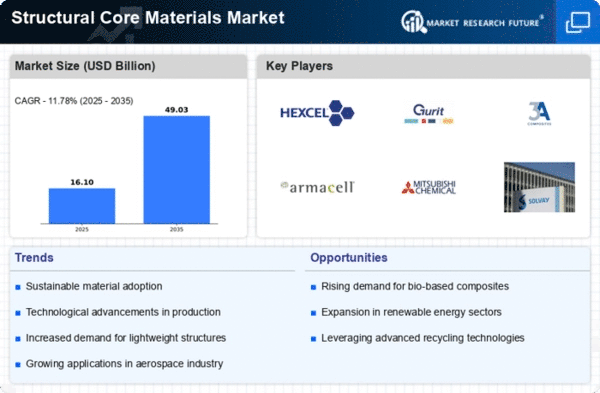
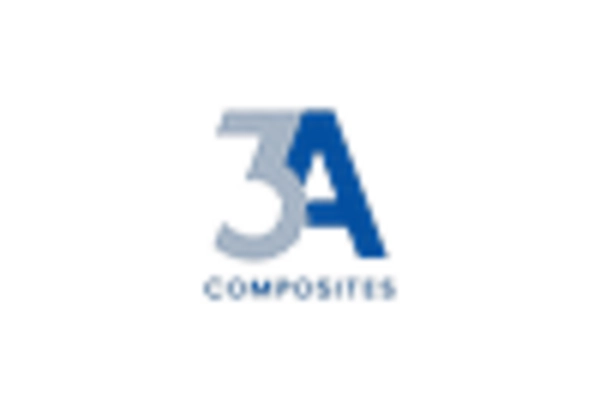
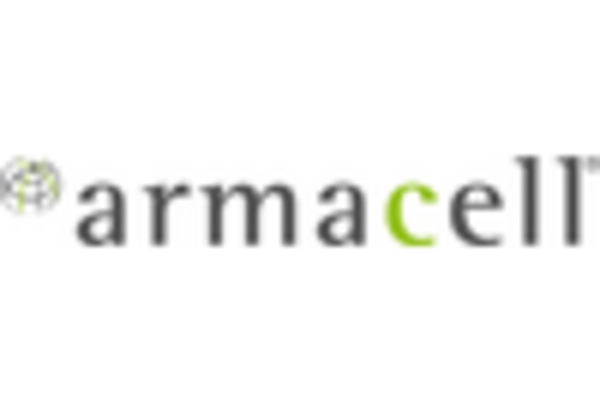
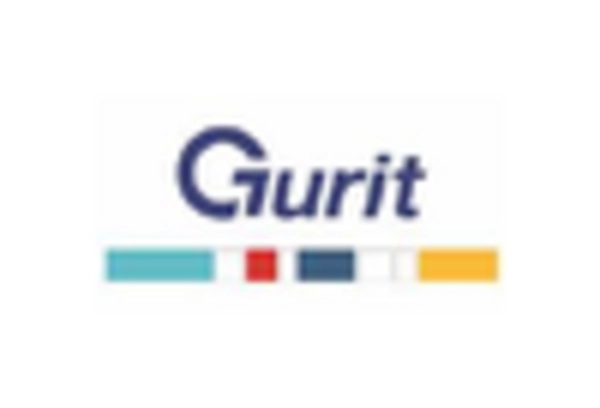
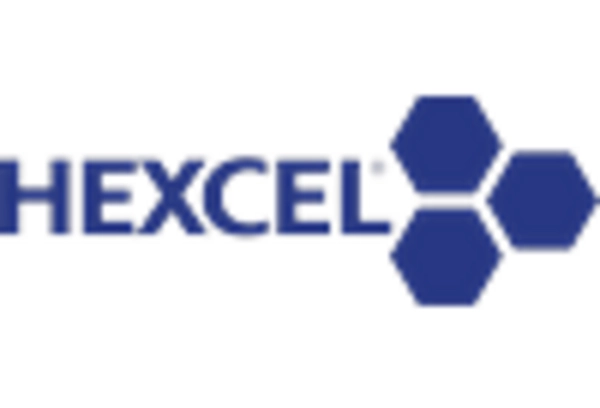

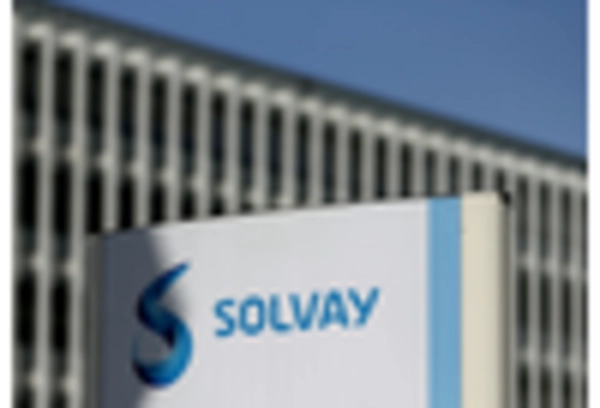










Leave a Comment